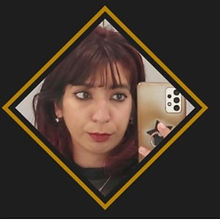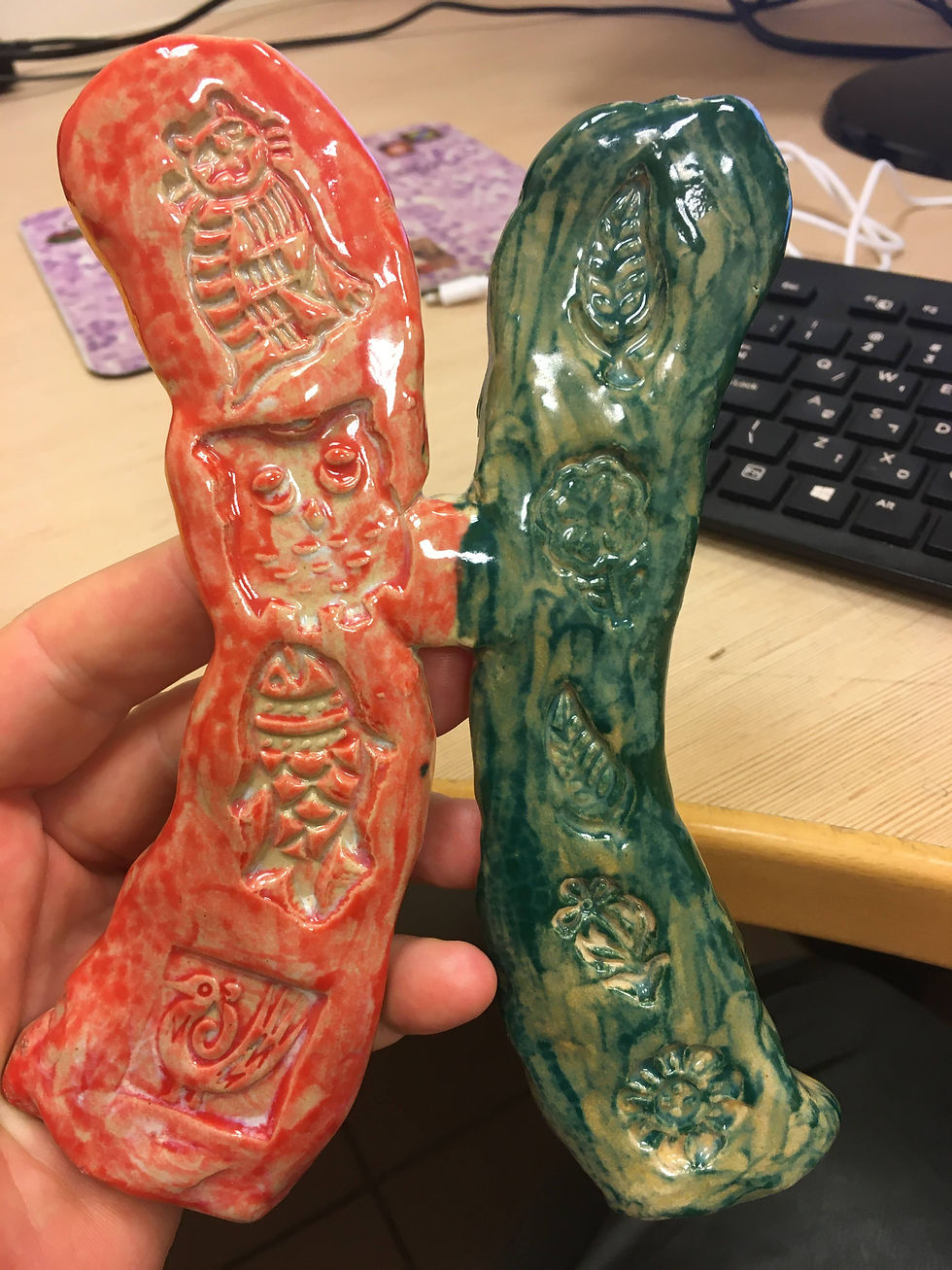Harnessing the Immune System to Treat Cancer and Infectious Diseases


Research

T-cell receptor therapy targeting oncogenic cancer mutations
Although showing promising outcomes in hematological and skin malignancies, cancer immunotherapy remains largely inefficient in treating patients with common epithelial cancers such as pancreatic, lung, breast, and gastrointestinal cancers. Today, up to 90% of patients dying from cancer are patients with common epithelial cancers. Therefore, new and innovative therapies tailored to epithelial cancer patients are needed. At the lab, we collaborate with oncologist to develop T-cell receptor (TCR) therapies targeting tumor mutations, and especially driver mutations. We are developing an off-the-shelf library of TCRs targeting such mutations. We strongly collaborate with the Surgery Branch at the National Cancer Institute (NCI) for both pre-clinical and clinical applications using TCRs. Together with the Talia Golan group, the center for clinical genetic engineering, and the Ella Institute cellular therapy facility at Sheba Medical Center, we develop clinical protocols to treat pancreatic cancer patients with T-cells expressing TCRs targeting oncogenic mutations. We currently have TCR discovery programs in several cancer types, including pancreatic, brain, prostate, and blood cancers.

T-cell therapy targeting human pathogens
Viral infections are of significant concern in immunocompromised patients, for example, after bone-marrow transplantation. For that purpose, we intend at our lab to study the T-cell response to pathogens and to develop both biomarkers and T-cell therapies for immunocompromised patients. We strongly collaborate with physicians; bioinformaticians specialized in pathogen genomics and cell therapy manufacturing facilities at Sheba Medical Center to develop off-the-shelf T-cell therapies targeting pathogens.

Modified mRNA for T-cell engineering and cancer vaccines
mRNA is emerging as an innovative and highly efficient gene delivery platform for vaccines, cell engineering, and regenerative medicine. As a gene transfer platform, mRNA offers several advantages over other methods such as DNA transfection and viral transduction. First, mRNA is considered safe due to the lack of target gene integration into the host genome and off-target effects. Second, mRNA offers a highly flexible platform, allowing the delivery and high expression of many genes simultaneously to drive cellular reprogramming or serve as vaccine antigens for both infectious diseases and cancer. Third, mRNA can rapidly drive high expression levels of selected genes and, therefore, is optimal for applications such as cellular reprogramming induced by transient expression of proteins. In the lab, we aim to use mRNA for cellular reprogramming of human T-cells and develop better mRNA backbones for efficient processing and presentation of antigens for cancer vaccines.
If you want to learn more about our research, please don’t hesitate to get in touch.

Publications
Lab Members

Gal Cafri
PhD
Group leader
Gal overviews the lab projects and develops new collaborations and research activities.

Anat Shemer
PhD
Senior scientist and Lab Manager
Anat leads our lab efforts to develop innovative T-cell receptor-based therapies targeting oncogenic mutations

Amihai Lieberman PhD
Scientist
Amichai leads our lab efforts to develop innovative T-cell therapies targeting pathogens

Rotem Shachal
M.Sc
Scientist
Rotem leads our lab efforts to develop TCR based anti-viral T-cells

Sajeda Mahameed
Scientist
Sajda leads our lab efforts to develop innovative T-cell therapies for AML and prostate cancer

Bar Zaruk
Data Scientist volunteer
Bar Zaruk is an 8200 former Software Engineer and Data Scientist. Bar joined us to contribute his knowledge to the field of Immunotherapy research, his mission is to build AI models to help engineer synthetic TCRs.

Gilad Gibor
PhD
Senior scientist
In collaboration with Yochai Wolf lab
Gilad leads the lab efforts to develop T-cell tailored mRNA platforms

Hiba Abu Hariri, PhD
Scientist
In collaboration with Yochai Wolf lab
Hiba is working towards using mRNA to reprogram human T-cells in-vivo

Suchisimita Muduli PhD
Senior scientist
In collaboration with Yochai Wolf lab
Suchisimita is working towards using mRNA to reprogram human T-cells in-vivo
we are always looking for enthusiastic and motivated individuals to join us
Scientific crafts



Contact Us
Labs Building, 1st floor, Rooms 105-107
2 Sheba Road, Ramat Gan, Israel
+972-3-5307421
